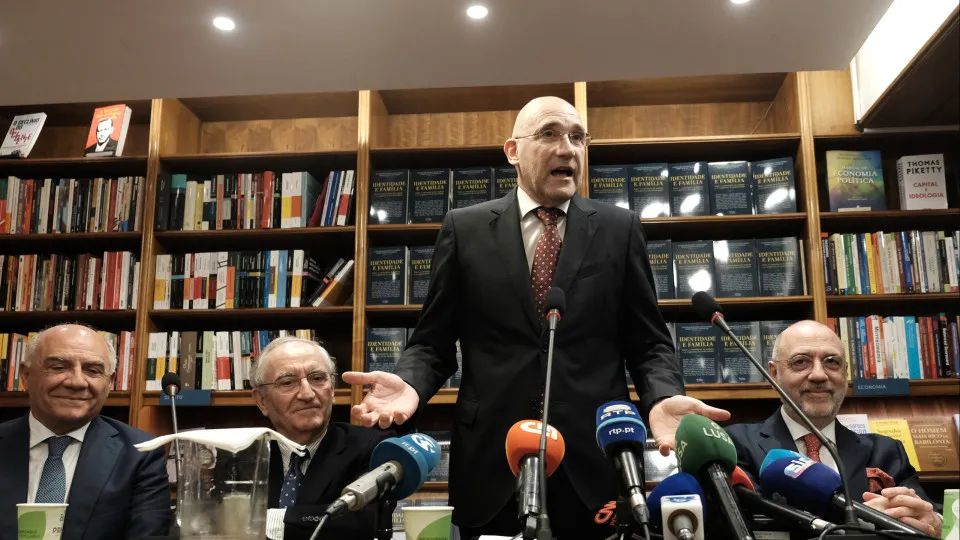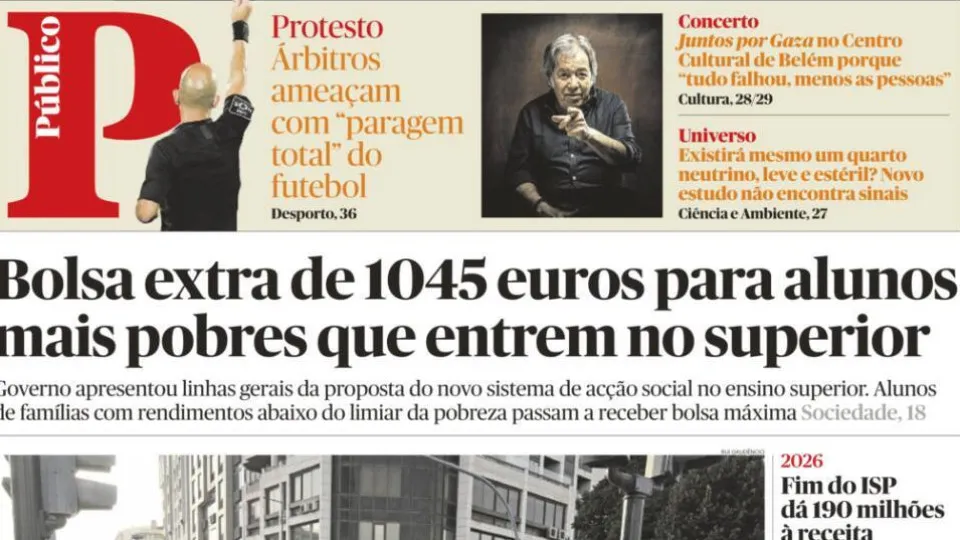
Former Portuguese Prime Minister Passos Coelho, during the presentation of Miguel Morgado’s book ‘Introdução ao Liberalismo’ in Lisbon, addressed recent data released by AIMA indicating a sharp increase in the number of foreign citizens residing in Portugal, which has quadrupled over seven years to approximately 1.5 million by the end of 2024. He highlighted the significant influx, stating, “In a very short time, a vast number of people have entered Portugal.”
“And if things remain unchanged with family reunification and so on, well, one day the situation here could resemble other societies where nationals start to feel like foreigners in their own land,” he warned.
In his speech dedicated to liberalism, Passos Coelho noted that, according to the political philosophy, “there shouldn’t be any problem with people feeling like foreigners in their own land,” adding an ironic twist that they would be considered “cosmopolitan,” which “is great.”
“The problem is that it is not great because people feel insecure, threatened, disoriented, distrustful… All very human characteristics, which under normal circumstances are insignificant, can become exacerbated in such environments,” he stated.
Passos Coelho argued that “a minimum of common sense makes anyone understand this,” before criticizing the immigration policies of the PS governments led by António Costa, whom he accused of having a policy principle of “let them in, this is how it should be, and I won’t ask anyone anything.”
“This was what the former prime minister [António Costa] would say to the senior staff of the Serviço de Estrangeiros e Fronteiras (SEF) when they warned him, ‘Prime Minister, be careful because we are losing control of this situation. Look, a lot of people are coming in, we don’t even know who they are. We don’t even ask for their criminal record,'” he said.
According to Passos Coelho, in response to these SEF alerts, António Costa would reply: “That’s just how it is, do you understand? Don’t think it’s a fluke, it’s exactly for this, to bring these people in, this is to continue.”
The former prime minister accused the PS governments of “doing this consciously” before posing a question for António Costa.
“Has anyone asked the President of the European Council if he would not like to reconsider this stance, which has brought so much radicalism to Portugal, so much insecurity and uncertainty in how people discuss issues in the public space?” he questioned.
Passos Coelho then recalled that during the 2024 legislative election campaign, in a speech at a rally supporting Luís Montenegro in Algarve, he had already raised concerns about the “immigration problem.”
“When I raised these issues two years ago, my God, several media outlets said, ‘this guy is mixing security and immigration in the same sentence. Populism, total irresponsibility, he doesn’t even seem like a former prime minister, completely irresponsible.’ I don’t know what they would say now,” he noted.
In his approximately 50-minute speech, Passos Coelho further cautioned about “a radicalism that is taking over the public space” everywhere and argued that its growth “results from an absolutely irresponsible manner in which many of the issues that concern and unsettle people have not been addressed.”
For the former prime minister, whenever “there are governments that behave with excessive demagoguery, populism, wanting to please everyone and avoid addressing necessary issues,” problems “accumulate and people wonder, ‘what are these people there for?'”
“This level of distrust, disbelief, uncertainty resulting from the practices of liberal institutions, as they are occupied and performed with general irresponsibility, generate radicalism. And radicalism begets radicalism,” he warned.




